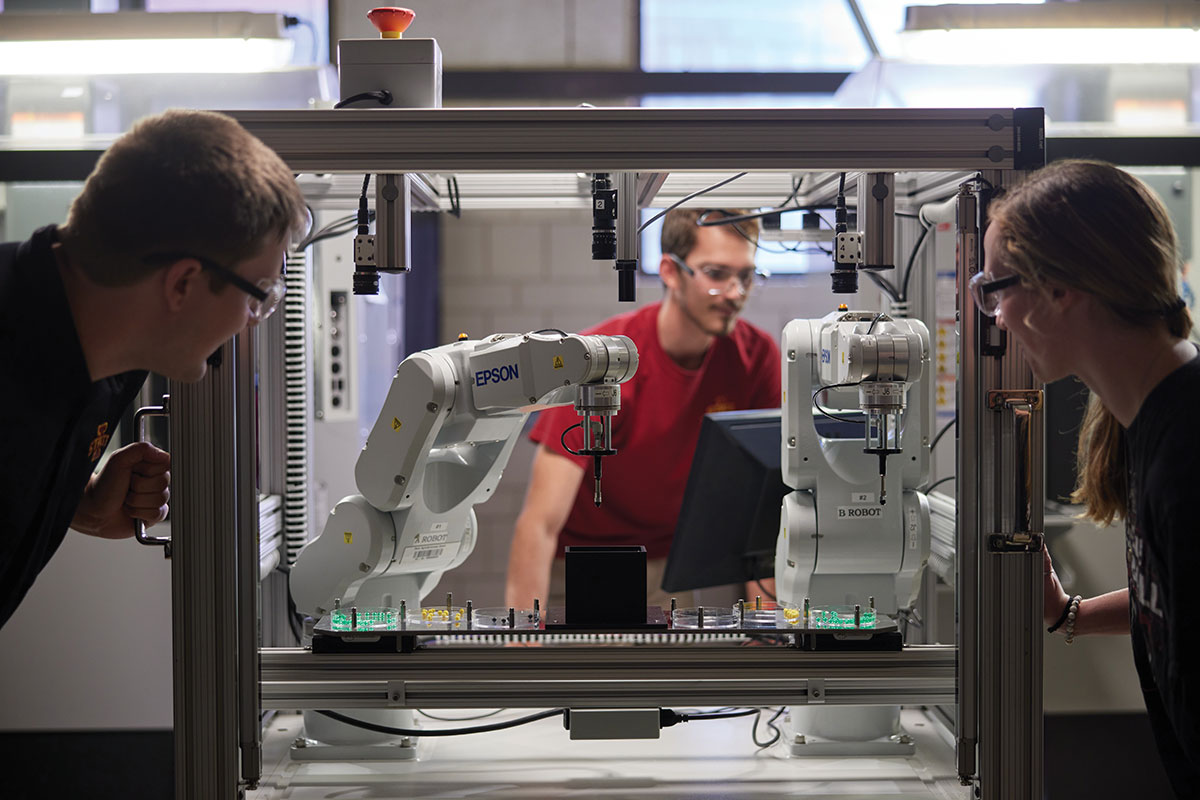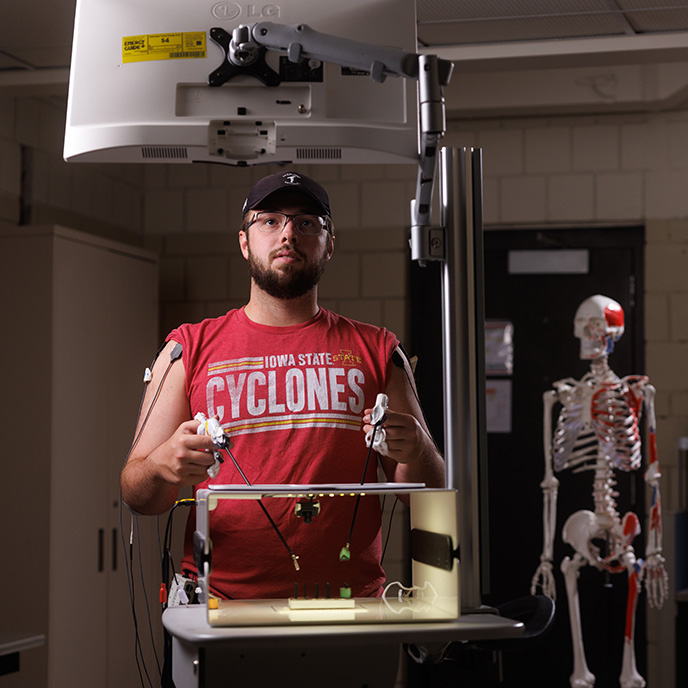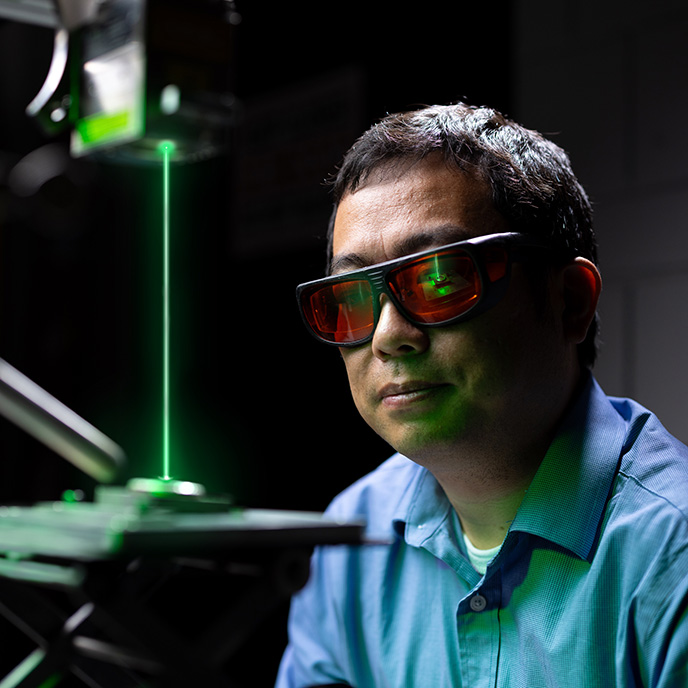Undergraduate Programs

Industrial Engineering: Variety and Community
Not only will you learn about core IE concepts like supply chain management, manufacturing, and quality control, but you can also explore emerging areas like data analytics, artificial intelligence, and sustainability in our state-of-the-art labs and classrooms. You’ll get your hands on many different aspects of engineering while training for big-picture applications.
Questions? We are here to help!
Want to learn more about our department and programs? Just have a few questions you’d like to run by our staff? We can help!
Bachelor of Science (BS) degree
The overall goal of the industrial engineering undergraduate curriculum is to produce technically qualified industrial engineers who are capable of successful professional practice in the field. To meet this goal, the curriculum includes in-depth instruction to accomplish the integration of systems using appropriate analytical, computational, and engineering practices.
The curriculum also provides graduates with the necessary educational foundation to pursue advanced studies in industrial engineering or related fields. Furthermore, IE majors can choose a focus area for a set of electives including systems engineering and engineering management, manufacturing, human factors, enterprise computing, and operations research and analytics.
Each semester has an average of 14-16 credit hours of course work. A total of 122 credit hours is required for graduation.
IE Degree Focus Areas
-

Systems Engineering and Engineering Management
Learn strategies necessary for solving internal and external problems of a company in areas such as production, quality, project management, sales, and marketing strategies.
-

Human Factors and Ergonomics
Learn about the relationships between people and their work tasks, machines, information, and environment.
-

Operations Research and Analytics
Learn how to make good engineering decisions using quantitative models and methods for production and service systems such as, inventory control, scheduling, transportation, and logistics.
-

Advanced Manufacturing
Learn how to design, analyze, operate, and control manufacturing processes and systems.



